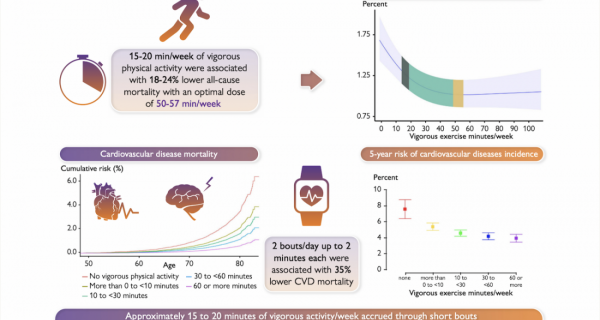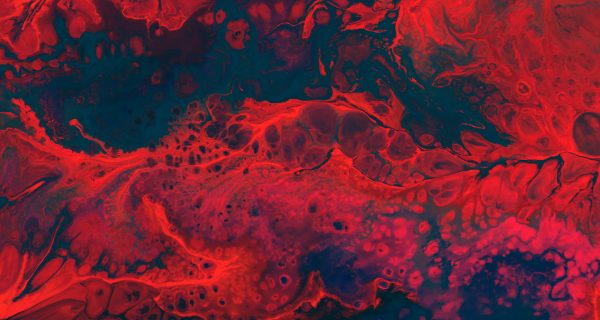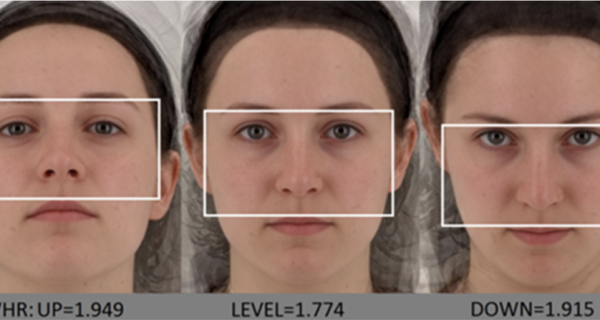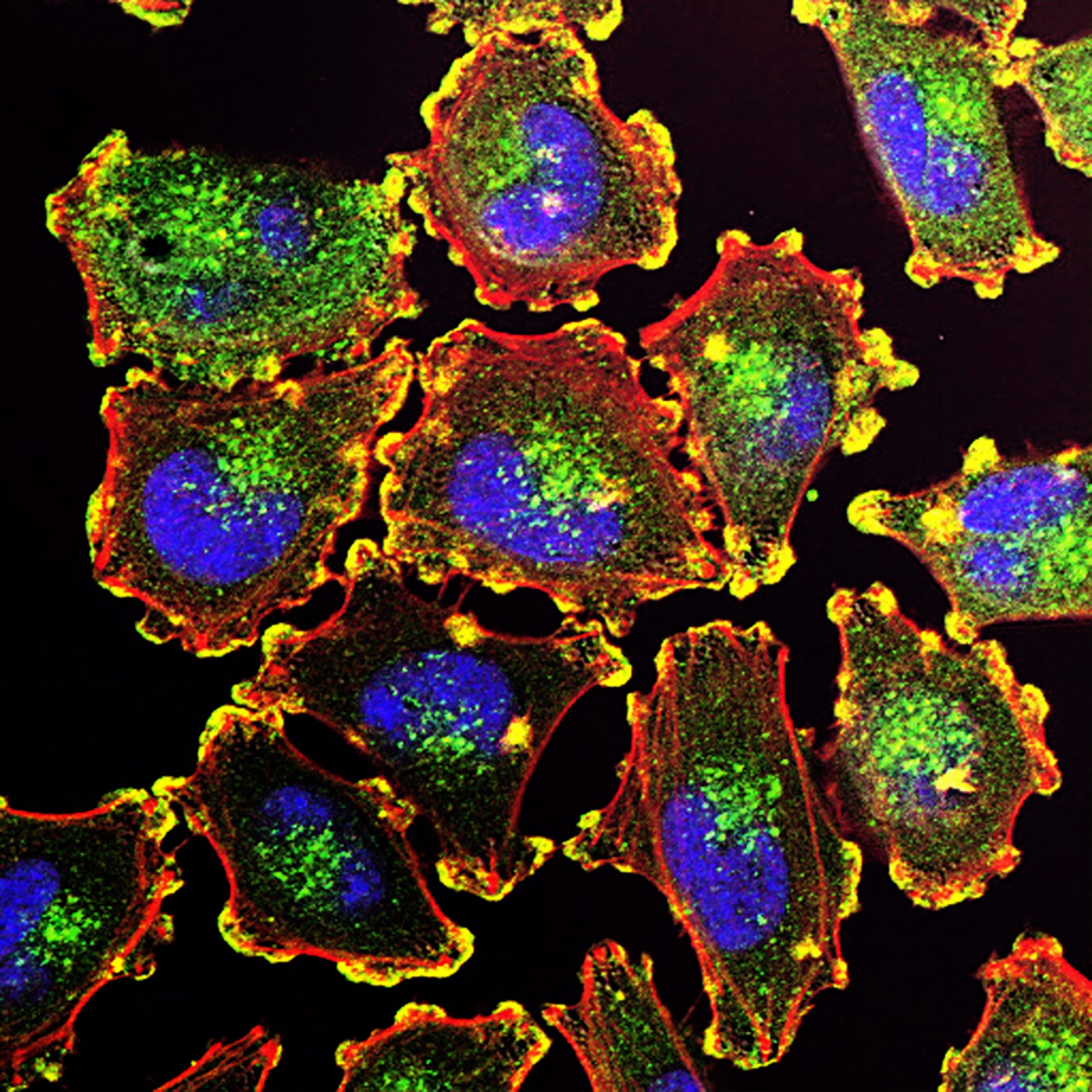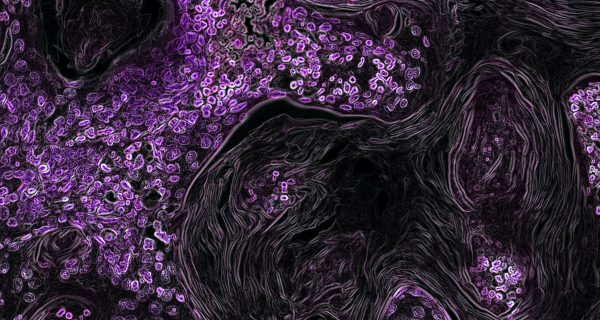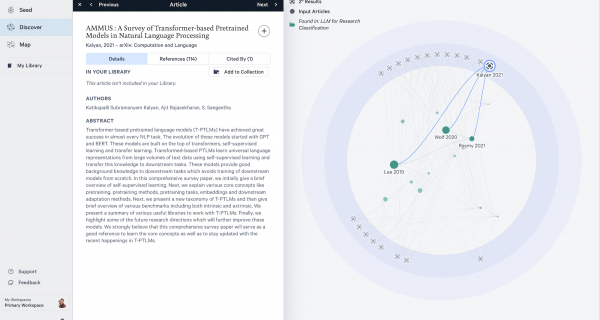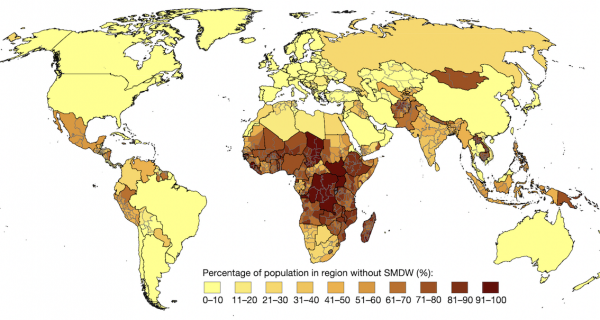Linking the Gut and the Mind: New Evidence Shows GERD May Increase Risk of Anxiety and Depression
Researchers have found evidence that gastroesophageal reflux disease increases the risk of anxiety disorders and depression.

Gastroesophageal reflux disease (GERD) is a prevalent gastrointestinal disorder characterized by the backward flow of stomach acid into the esophagus, leading to symptoms such as heartburn, regurgitation, and chest pain. GERD affects approximately 10% to 20% of the population worldwide and can lead to a reduced quality of life, increased healthcare costs, and complications such as esophageal cancer.
Observational studies have shown that individuals with GERD are more likely to develop anxiety disorders and depression. However, these findings may be confounded by various factors such as lifestyle habits, comorbidities — the simultaneous presence of two or more diseases or medical conditions in a patient —, and socioeconomic status. Therefore, Youjie Zeng, Si Cao, and Heng Yang at Central South University aimed to determine the relationship between GERD and anxiety disorders/depression by conducting a bidirectional Mendelian randomization (MR) study.
Mendelian randomization (MR) is a statistical technique that uses genetic variants as instrumental variables to infer causality between exposure and outcome variables. In this study, the researchers used summary statistics from genome-wide association studies (GWAS) in European individuals to perform a bidirectional MR analysis. The inverse-variance weighted (IVW) method was used as the primary analytical method to assess causality. Additionally, five other MR methods were performed to supplement the IVW results, and several sensitivity analyses were performed to assess heterogeneity, horizontal pleiotropy, and stability. Finally, a multivariable MR (MVMR) analysis was performed to determine the causal relationship by adjusting for potential confounders.
The results of the MR analysis indicated that GERD significantly increases the risk of anxiety disorders and depression. The MR results of the IVW method, maximum likelihood, MR-Egger, weighted median, MR-RAPS, and MR-MBE remained parallel to the IVW results. Furthermore, sensitivity analysis suggested that the results were robust, with no pleiotropy or heterogeneity detected. Nevertheless, reverse MR analysis showed that anxiety or depression did not increase GERD risk. Finally, MVMR analysis showed that the effect of GERD on increasing the risk of anxiety disorders/depression was independent of confounders.
In conclusion, this MR study provides evidence for the link between GERD and an increased risk of anxiety disorders and depression. Complementing symptomatic treatment of GERD with psychological assessment and necessary psychological support therapy may help reduce the risk of future anxiety disorders and depression. It is important to note that this study only investigated the European population, and further studies are required to investigate the causal relationship between GERD and anxiety disorders/depression in other populations. Nonetheless, this study highlights the potential benefits of using MR to investigate causality between exposure and outcome variables in observational studies.


















